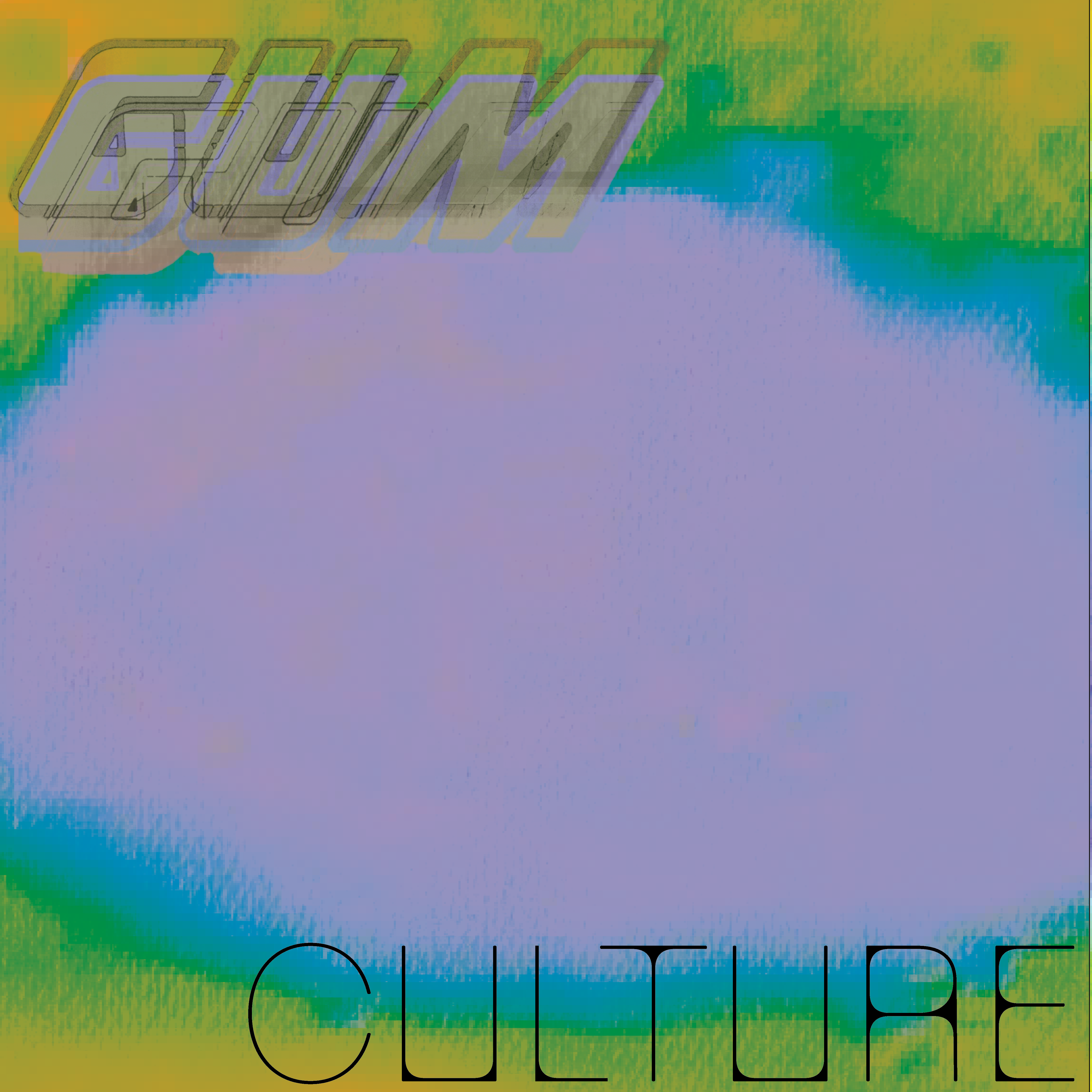Words: Dylan Brewerton-Harper (he/him)
Content Warning: State oppression, police violence , sexual assault
When I was 15, I was arguably much more politically ‘active’ than I am now; and by ‘active’ I mean out on the streets, holding a sign, shouting at Parliament, at Downing Street, at the police. And so it was in May 2015, just days after David Cameron was re-elected with a Tory majority that some friends and I made the journey from south-east London into the centre of the city for an anti-austerity march. We were angry, riled up, ready to vent.
The usual business of the march: the slow walk, the songs and chants, the two fingers to the police, the speeches and clarion calls for change. After a few hours of this, the police, up to their usual nonsense, decide to step in. A bit of pushing and shoving, truncheons out and raised, shouting, goading. And then something unexpected. Or at least unexpected to a 15-year-old school kid unfamiliar with police tactics. A large group of them, three lines deep, surrounded a group of us and didn’t let us leave for three hours. It’s called kettling. No doubt I remember being quite shocked at the situation I’d found myself in, realistically only one step away from an arrest at the grand ol’ age of 15. Shock…and excitement.
The thing is though, the police obviously didn’t understand what this would do for the fifty-or-so protesters that they penned in. We were having a whale of a time! There is a particular form of solidarity that gets generated from being in a police kettle: the acceptance of the situation and the length of time you’re likely to be in it, a defined and visible enemy in the police and a shared politics and care for each other. Not only did I get my mug in the Daily Mail under a headline accusing us of being a ‘violent’, ‘thuggish’, ‘anarchist mob’ full of ‘fanatics’ (my biggest political achievement to date!), the small, ad-hoc community and the solidarity we showed for each other has served as a formative political experience for me.
But unfortunately, it is that solidarity that now faces its gravest attack since the miners’ strike. The last few years have shown us that now more than ever, the right to protest should be sacrosanct, yet it is under attack. Even our right to mourn, to grieve, and to remember is under attack. Think back to March 2021 at the grotesque, violent actions of the Met Police – the biggest gang in London – at the vigil for Sarah Everard, who was kidnapped, raped, and murdered by a serving Met Officer. Take to the streets to protest police violence and look what happens: the police respond violently, as they usually do, and we are once again vindicated.
Let us remember the utter farce that took place at the coronation back in May of this year. Entirely peaceful protesters from the anti-monarchy group Republic were arrested whilst setting up for a protest, despite liaising with the police for months ahead of the event. On the same day, Animal Rising activists were arrested in East London whilst attending a training course miles away from the procession route, alongside Just Stop Oil protesters who were simply holding placards. Even more alarmingly, the night before the coronation took place, three volunteers from Westminster Council were arrested in Soho for handing out rape alarms to women – their given and stated role – because the Met thought that they were to be used to protest the coronation the following day.
Protest is a fundamental part of politics. In so-called ‘democracies’ such as the UK and the U.S., taking to the streets is one of the only viable avenues for free expression. Indeed, it was famously people taking to the streets that led to the formation of the United States and the modern French state. And yet, that freedom – taken for granted for too long – is being systematically eroded by elite forces in conjunction with their armed lackeys in the police.
Popular movements, from the Suffragettes to the Abolitionists, from the Irish Republicans to the civil rights movement in the U.S., from the Campaign for Nuclear Disarmament to the anti-apartheid struggle in South Africa, have found their successes rooted in their ability to protest. The direction of this country is to increasingly criminalise protest, through the new Public Order Act 2023 and the Police, Crime, Sentencing and Courts Act 2022, to tar protesters with the labels of ‘violence’, ‘thuggery’ and ‘fanaticism’ just as they did with us back in 2015 and to provincialize us as extremists. As tens of thousands take to the streets across the UK to demand freedom for Palestine, Suella Braverman and the other fascists in government want to criminalise our speech, our calls for peace, our cries of solidarity with a nation under siege and facing the daily reality of genocide. Will they criminalise our thoughts too?
The ties that bound people together through centuries of struggle will continue to, as long as we realise that it is that history of struggle which got us these rights in the first place, and that without sustained action, those rights can just as easily be taken away. The solidarity I witnessed in that police kettle back in 2015 has served as a touchstone of a radical personal politics that is just as angry, maybe even more so, than it was as a 15-year-old schoolkid. I don’t want my generation to be the last to enjoy that right.
And so we won’t let Braverman and her politics win. We will say it loud and proud – from the River to the Sea, Palestine will be free!

